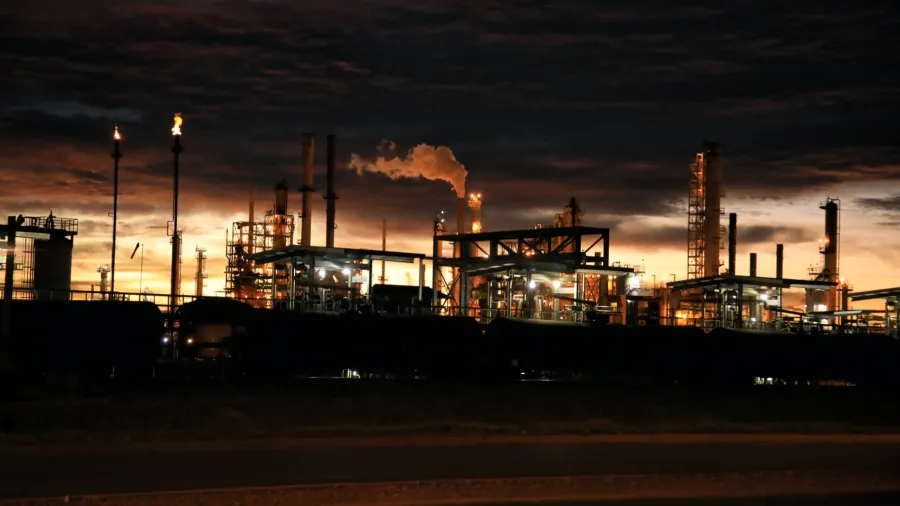
Chemical companies risk credit rating over ESG
Calls from regulators, investors, and customers have forced chemical companies to reduce their harmful effects on the environment.
Other than the environmental impact, prioritisation of health and safety in the production process has also gained prominence as these are seen to hugely affect companies’ corporate performance, according to Scope Ratings.
Specifically, the following factors are seen to impact chemical suppliers’ credit ratings.
Pollution
The chemical industry releases the largest quantities of toxic chemicals like ammonia, methanol, and sulfuric acid. These chemicals eventually become pollutants in the air. Meanwhile, for urban soil, the most common contaminants are heavy metals, mineral oil, and polycyclic aromatic hydrocarbons.
In addition, improper handling and disposal of chemicals can easily create toxic wastes that will eventually contribute to pollution of air, water, and soil. When this situation ends up with forced disposals and litigation, expenses will be needed instead of allocated to more significant financial resources. Reputational risks might also cause negative changes to the company.
Greenhouse Gas (GHG) Emission
Around 6% of GHG emissions come from the chemical industry, the third largest globally. Naturally, changes in environmental regulations and public pressure pose risks for chemical companies as they transition to be more sustainable, consequently affecting their creditworthiness.
Employee Welfare
The recent decades saw different chemical accidents including explosions, fires, and spills. These lead to an increase in health and safety concerns of employees, especially regarding the production process of chemical companies. The reputational damage that comes with these incidents not only affects the companies’ reputation, but their credit rating as well.
Chemical companies that have already started their efforts to include long-term sustainability in their goals have the opportunity to increase their credit profiles. Meanwhile, those who fail to address environmental issues and health and safety risks might see themselves in a less competitive position in the market. The key is to gradually prepare for transitioning towards greater green investment, focusing on ESG for the long-term sustainability of their processes and operations.














